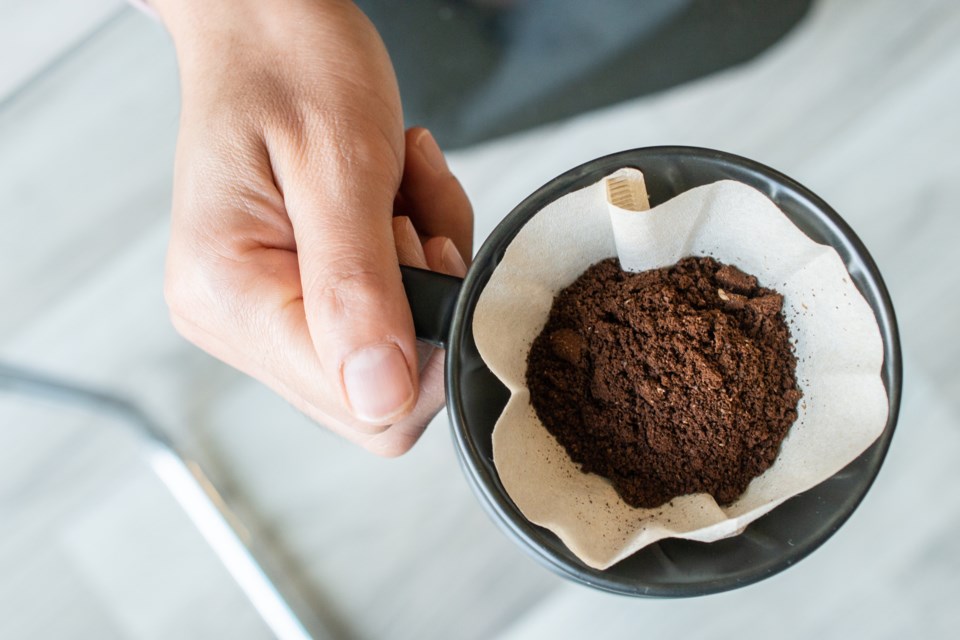How would we survive without coffee?
Coffee is such an ingrained part of our cultural routine and social structure that many of us could not imagine life without a regular cup of java.
Where did coffee come from in the first place and why are we so physically and habitually dependent on it?
There is a legend that the coffee fruit was first discovered many centuries ago by a goat herder in Ethiopia who noticed that when his goats ate the berry of a certain tree, they leapt around with more energy. From there, the news of the energizing berry spread and eventually found its way to the Arabian Peninsula where they started growing it and making a brew with the dried seed of the berry.
Its popularity then spread to Syria, Persia, Egypt and Turkey and it eventually grew worldwide as a common trade item. Coffee houses sprung up where people could gather, listen to music, play chess, engage in conversation about politics, current affairs and philosophy. These coffee houses became very popular and became known as ‘schools of the wise.’ Coffee then spread to Europe and eventually to the Americas.
Coffee replaced tea as the favourite drink in the ‘New World’ in the 1770s when the colonists revolted against the high tax on tea (the Boston Tea Party).
Coffee has earned its way into our hearts and bodies for its taste, its physical effects and medicinal properties.
What exactly are the medicinal benefits of coffee? First of all, not all coffee is created equal and not all coffee is good for us. The best coffee is freshly roasted, high-altitude grown, single-source organic coffee. Many local roasters have popped up all over the world, and their coffee is superior to coffee that you buy from the store because of the freshness and higher antioxidant properties. You can often find these local roasters at farmers' markets.
According to Steve Clark who owns North Roast Coffee, "Freshly roasted coffee has a superior taste and aroma compared to coffee that has been sitting on shelves for a long time. The oils and compounds responsible for the rich flavours are at their peak shortly after roasting."
A little bit of caffeine has been known to help with alertness and focus, which is why coffee is such a common ‘get going in the morning’ beverage. Coffee consumption has also been shown to help with depression, liver and endometrial cancer, Parkinson’s disease, heart disease, migraines, ADHD, weight loss and Type 2 diabetes.
However, even with its medicinal properties, we have to be careful with coffee. A little is good – a lot is not. Coffee is addictive and excessive consumption causes crashes in our energy levels and a slew of health issues, including racing heart, anxiety, insomnia, nervousness, jitters, upset stomach, nausea, agitation and ringing in the ears.
It is suggested that people be mindful of caffeine and pay attention to the signals their bodies are giving them. Personally, I can’t handle as much caffeine as I used to, and have cut down my own personal consumption to one cup in the a.m. and a cup in the afternoon.
Because we wake up with elevated cortisol levels (stress hormone), drinking first thing in the morning may cause agitation and exacerbate anxiety. Ask any parent who is trying to get kids up and ready for school on time.
In addition to the general stress of starting our day, coffee can exacerbate the morning stress. Having a glass of water (warm with lemon is better) before our morning coffee can counter the diuretic effects of coffee. If we are regular coffee drinkers, it is important to increase our water intake to prevent dehydration.
The healthiest way to drink coffee is black (no cream, sugar, whitener, or flavoured syrups). The fancy coffees from java houses often have an unhealthy amount of sugar which counters any benefit of the coffee. Natural (non-chemical) sugar replacements include monk fruit and Stevia. If I am going to sweeten my coffee, I use maple syrup, honey or date sugar.
Decaffeinated coffee is a healthy alternative if one has issues with caffeine as it still contains antioxidant polyphenols. Alternatively, we can replace our coffee with black or green tea, which both have health benefits and will also give the caffeine pick-me-up.
Rooibos tea is even better as it is one of the very best antioxidants and is also caffeine-free.
Many people start their day with hot water and organic lemon juice which is amazing for kickstarting digestion. Mushroom teas have become very popular, as have many healthy decaffeinated coffee substitutes.
However, there are few substitutions for that wonderful cup of java and despite the research I have done on all the alternatives, I don’t think I will be giving it up any time soon.
Claire Nielsen is a health coach, author, public speaker and founder of www.elixirforlife.ca. The information provided in the above article is for educational purposes only and is not a substitute for professional health and medical advice. Please consult a doctor, health-care provider or mental health practitioner if you're seeking medical advice, diagnoses and/or treatment.




